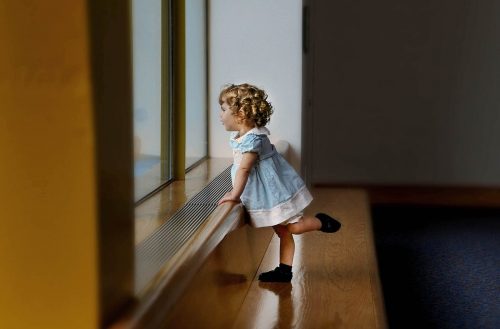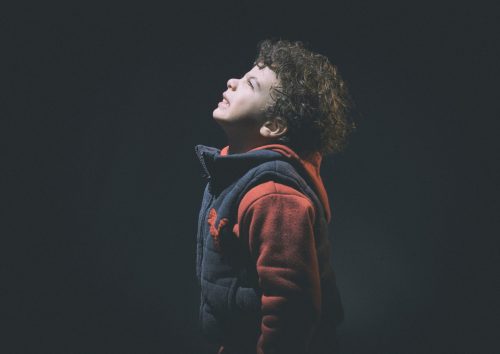
Most kids experience anxiety as part of their development, but for children and teenagers with Autism Spectrum Disorder (ASD), the anxious feelings and coping behaviors can be even more intense than what other children experience. Recognizing the symptoms of an anxiety attack can be helpful in managing these feelings.
Anxiety And Autism Spectrum Disorder
For children diagnosed with ASD, the worries and fears are similar as with other children, but with some symptoms such as obsessive or ritualistic behaviors, which are characteristic of children on the spectrum.
How Anxiety Affects ASD Kids

“Research also shows that there is a high occurrence of depression, mood, and anxiety disorders in families of those with autism spectrum disorders,” says Karla Helbert, LPC, E-RYT, C-IAYT. Children with ASD can experience the world as a confusing place. Because they have difficulty reading social cues, they may perceive people and situations as unpredictable, causing further stress. Plus, they are unable to express what they are feeling. As such, they may sleep disorders, withdraw from social situations, increase repetitive behaviors such as rocking or flapping their hands, or worse, engage in self-harm.
To ease their worries, you can begin by identifying the triggers for anxiety, such as changes in routine and sensory sensitivity. By taking note of these, it will be easier to form strategies to manage their anxiety.
Help Him Recognize Signs Of Anxiety
It is equally important to make your child aware of anxiety signs. This can be done through the use of visual aids.
Apply Relaxation Strategies
Your child also needs to be taught how to calm himself down should he experience the symptoms. These include counting slowly, deep breaths, and working off the excess energy with exercise. Regularly practice these with your child when he is calm.
Use Visual Techniques
Children with ASD learn better with the use of visual aids such as photographs and visual timetables. Let him know as soon as you can of any changes to the daily or weekly routines to avoid stress. It is easier for them to accept changes when they are informed in advance.
Rehearse Stressful Situations

Dealing with children who have ASD is more manageable with practice. By helping them understand their triggers and rehearsing the techniques to calm them down, they will better be able to deal with the real thing. Role-playing exercises with simple scenarios are often enough to prepare the child, but it also helps to discuss strategies with other parents of children with ASD. “Healthy boundaries are necessary for self-care, and healthy relationships and most people are not equipped with these important life skills,” says Janeen Herskovitz, LMHC.
Getting Help For Your ASD Child’s Anxiety Issues
If you find yourself overwhelmed or not getting satisfactory results from your strategies, you can always ask help from a psychologist to manage your child’s anxiety. “Psychologists can also serve as a psychotherapists for individuals with ASD to develop more efficient cognitive and language skills.” Teresa Bolick, Ph.D. adds. Many therapists are licensed and trained to handle such cases, and can, therefore, devise strategies for your child’s case. Some of the methods they use include:
- Cognitive behavior therapy for the development of social skills
- Gradual exposure to environmental stress and triggers
- Social Stories™ to help prepare your child for unfamiliar situations
- Relaxation therapy and meditation to help ease the feelings of anxiety
If you find yourself in need of a psychologist to manage your child’s anxiety, it is a good idea to inquire with your pediatrician or general practitioner. They should be able to refer you to licensed therapists in your area.
